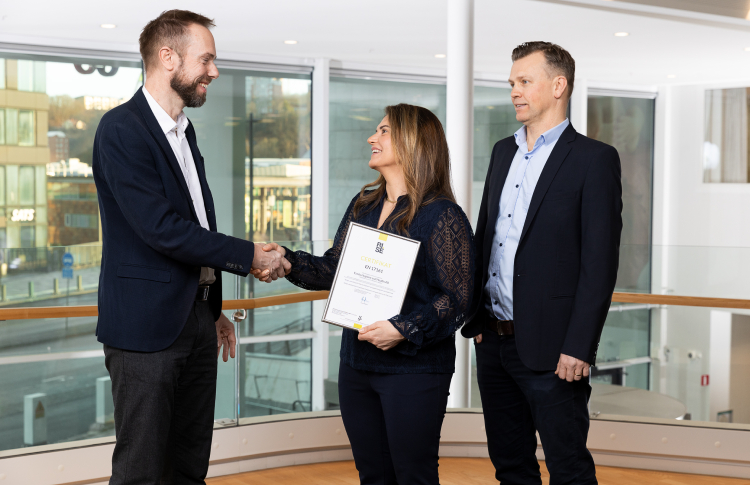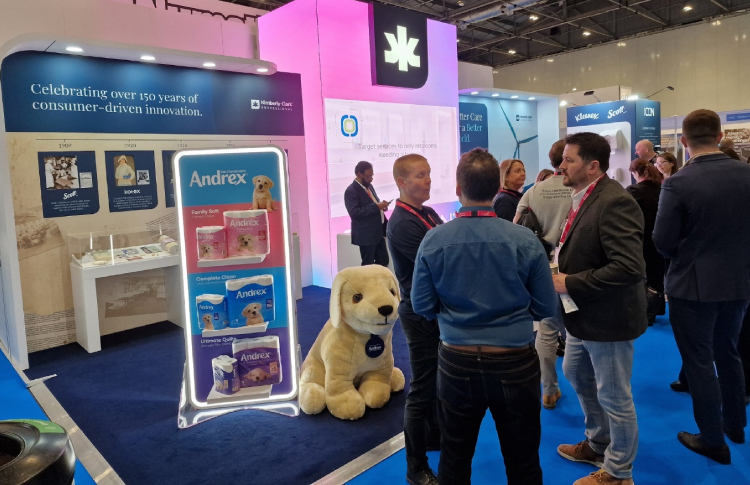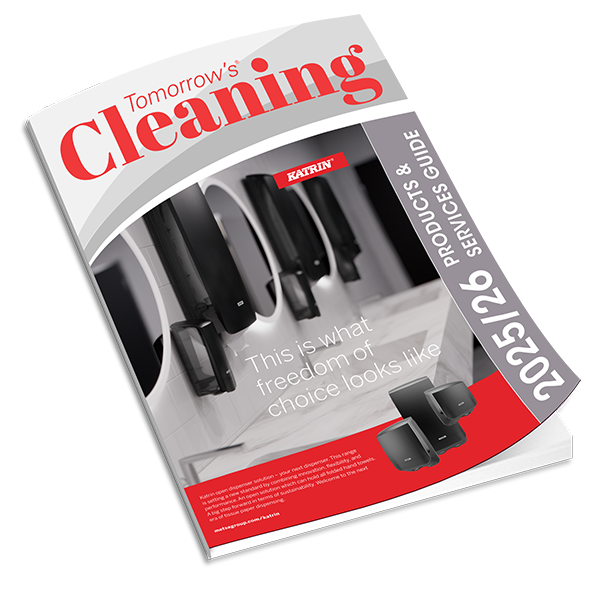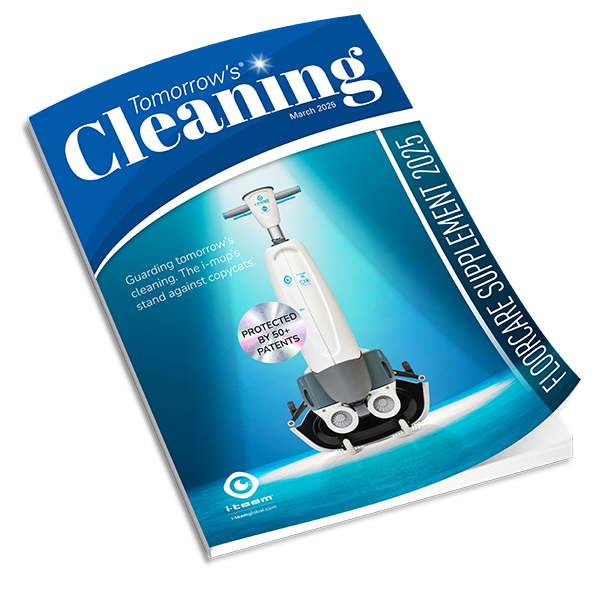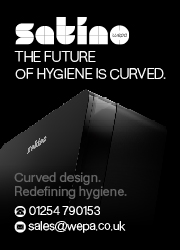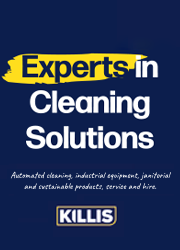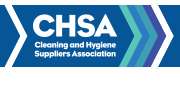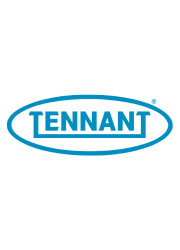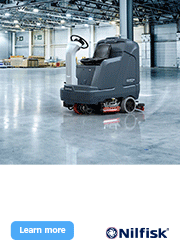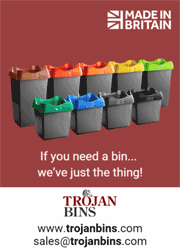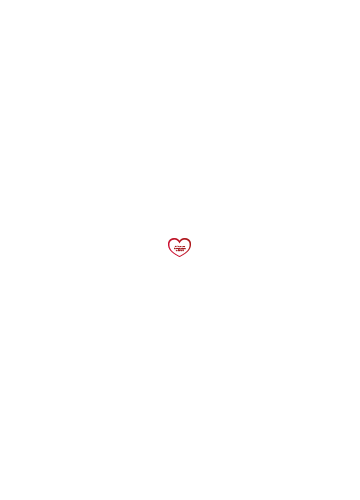Cromwell Polythene has released results from a comparison beach cleaning and litter surveying programme to mark Recycle Week 2018 (24 – 30 September), indicating that levels of seaside rubbish have decreased.
The research is part of the company’s 35th anniversary activity, and follows on from similar research conducted during last year’s recycle week. The only increases compared to last year’s results were for paper/cardboard and metal, which both multiplied significantly, and medical waste.
23 of Cromwell’s staff joined Great British Beach Clean organisers, the Marine Conservation Society and volunteers from the Yorkshire Wildlife Trust’s Living Seas Centre, to collect and record litter found on their local Filey beach on the North Yorkshire coast and raise awareness of sustainability.
Cromwell’s MD, James Lee, said: “It’s very encouraging that levels of waste materials have decreased across the same stretch of beach compared to results from our previous year’s analysis. What is also clear is that it’s not just plastic packaging washing up on the beaches and I’m pleased to see a decrease in plastic waste.
“Brought into public focus through Blue Planet 2, people are becoming more aware of the impact of rubbish in our oceans. The reduction in littering may be down to more people taking part in organised litter picks due to increased awareness of marine pollution. Measures like the expansion of recycling initiatives in public spaces can also help encourage people to recycle on the go.”
Highlights from this year’s collection over 2017’s results include a 6% decrease in plastic/polythene, an 84% drop in rubber items, 370% increase in paper/cardboard materials, and a 58% decrease in wood materials. Incidents of bagged dog faeces being found were identical to the 2017 research.
www.recyclenow.com/recycle-week-2018
www.cromwellpolythene.co.uk









